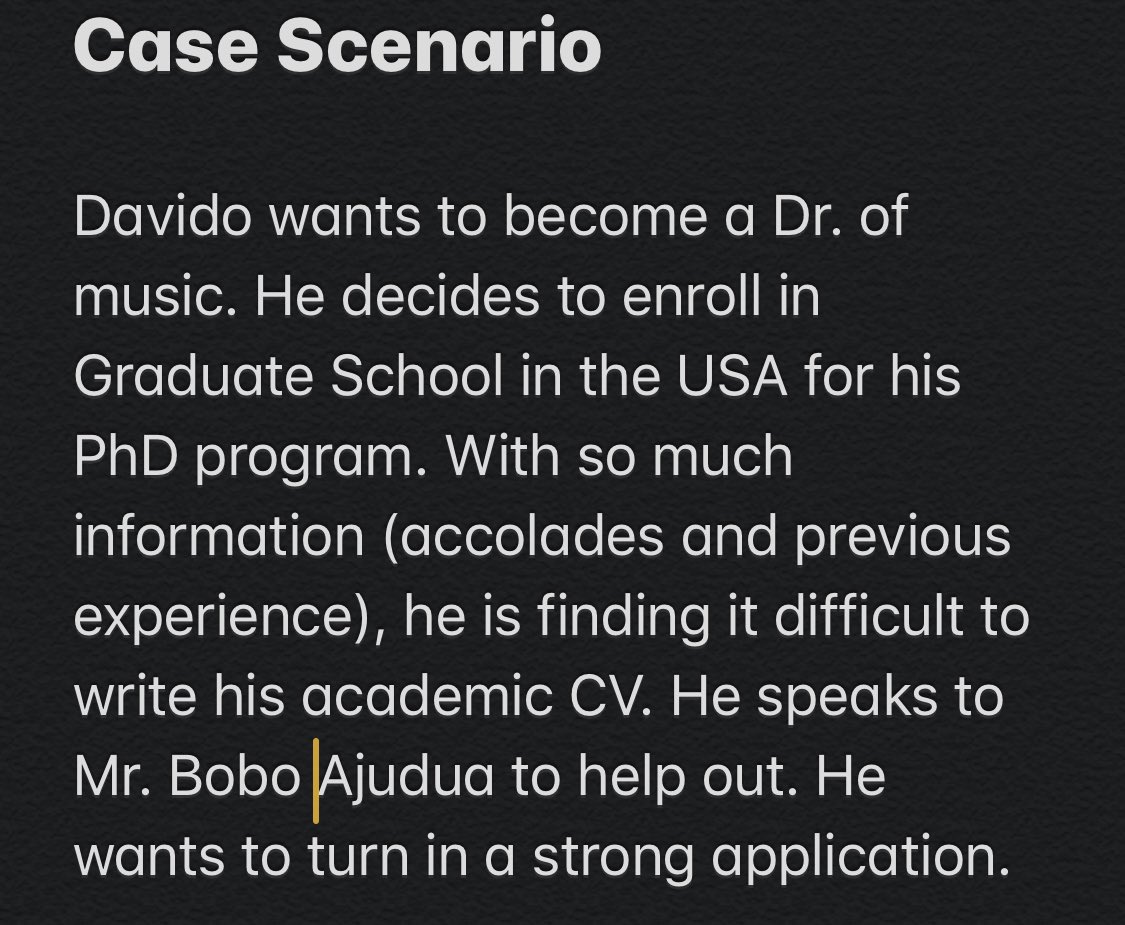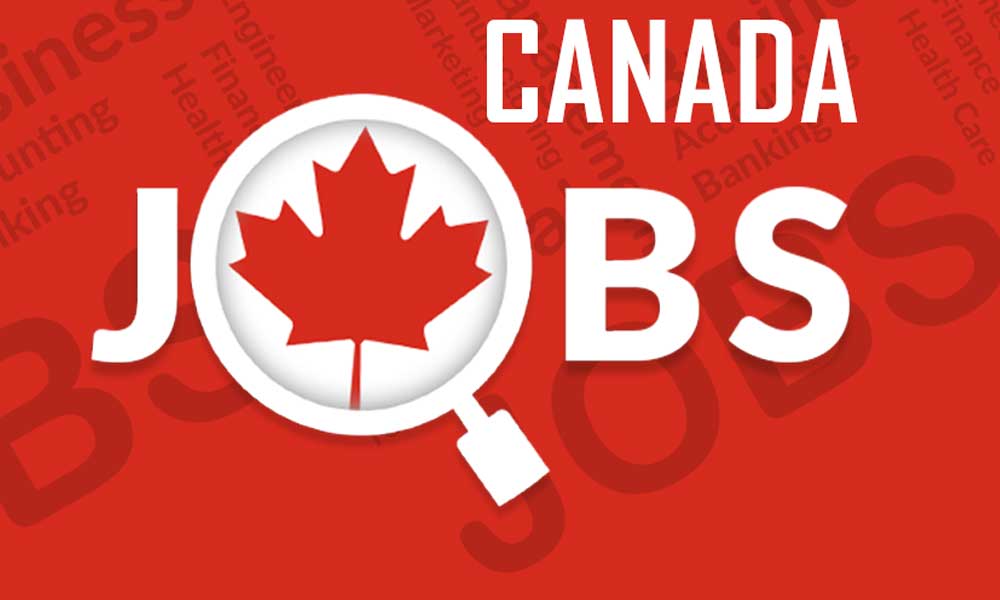How to write a good Resume
The second a recruiter looks at your CV he should know the following:
Who you are?
What can you offer the company?
What are your career goals?
All these should be on the first page.

A typical CV starts off with your name, professional title and contact details. Some people also add links to social media handles like LinkedIn.
Personal profile
After that is a personal profile.This shows your career objective. Straight to the point. It answers "what I can offer the company. Please this isn't: working under pressure, team player and good interpersonal skills.
This section is your personal profile, also known as a personal statement, career objective and professional profile and it is one of the most important aspects of your CV. It’s a short paragraph that sits just underneath your name and contact details giving prospective employers an overview of who you are and what you’re all about.
You should tailor your profile to every job you apply for, highlighting specific qualities that match you to the role. Aim to keep your personal statement short and sweet 😊...no longer than a few sentences.
Your personal profile should grab the attention of the recruiter and answer only one question: Are you the one? Not are you a team player. 😑.Your personal statement will enable recruiters to match you with the right job and ensure that the role is fulfilling. ðŸ‘ðŸ¼ðŸ˜Ž
Now for Fresh graduates and those with little or no experience, your personal statement should be particular Soft skills set that are required for that role.
Read also : Top 10 reasons why a recruiter might have pushed your resume aside and what you can do to avoid it.
Experience and employment history.
Your employment history section gives you a chance to outline your previous jobs, internships and work experience. List your experience in reverse chronological order as your recent role is the most relevant to the employer.
When listing each position of employment, state your job title, the employer, the dates you worked and a line that summarises the role.Then bullet point your key responsibilities, skills and achievements, and bolster each point with powerful verbs and figures to support each claim and showcase your impact.
It helps to choose the duties most relevant to the job you’re applying for, especially if it’s a long list. Eg..I currently work in L&D but we also handle recruitment so if I'm applying for a job as a recruitment manager tomorrow I'd loud my current activities in recruitment more
Then you have Education qualifications
Key skills
Hobbies/ Interest.
You can also Write a catching Cover letter using this format.
Read also : How to write an academic Curriculum Vitae (CV).
Author : Kekeocha Justin








